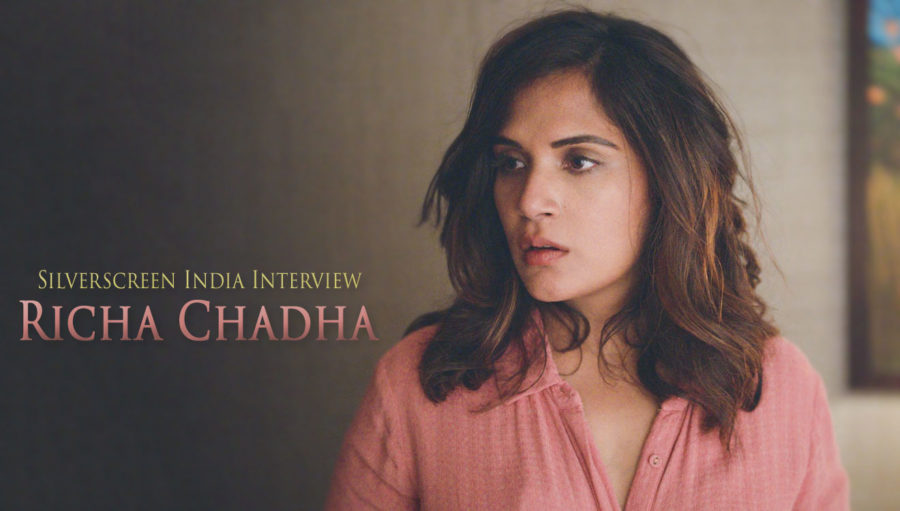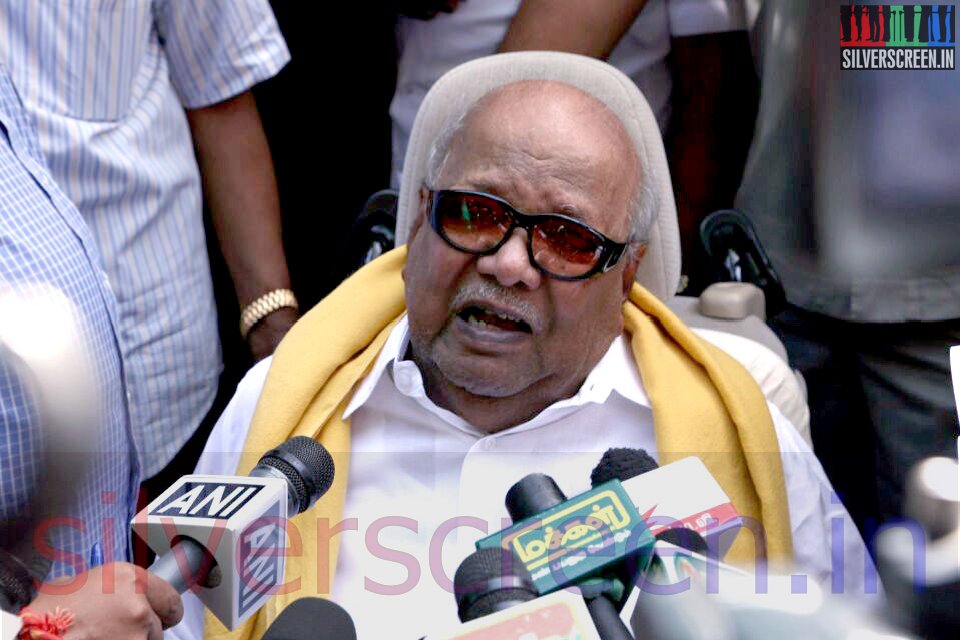Richa Chadha (Oye Lucky! Lucky Oye! and Gangs of Wasseypur), star of Amazon Prime Video’s anthology Unpaused and the Shakeela biopic, talks to Silverscreen India days ahead of the release of both her projects.
Shakeela is the star of 250-odd mostly-Malayalam adult films in the 90s and 2000s. Chadha explains why telling her story without sensationalising or over-the-top sentimentality, is important.
While scripts that tell the story of these “bad girls” (or as Chadha called their Indian counterpart, “bad examples”) may not be common in India, says Chadha, people are talking about them. Chadha says, “I think a lot is spoken about women notorious for being very free with their sexuality. Whether in India it is Silk Smitha or Shakeela, in the overseas if it’s Mae West, in Pakistan, it’s a book written about Qandeel Baloch.”
Chadha was referring to the murder of 26-year-old social media star Qandeel Baloch, who was killed by her own brother. The murder was motivated by comments (cited here) like “Your sister is singing and dancing in her knickers and you’re living a luxurious life with the money she earns”. Subsequently, Karachi-based journalist Sanam Maher wrote her story in A Woman Like Her, to “allow her to have a voice“, because “so many journalists got it wrong”.
The last such film script in India was Dirty Picture, which was loosely based on actress Silk Smitha. Smitha, after a 17-year-long career in films, committed suicide at 36. Such was her marketability, that historian and colleague Randor Guy (cited here) once wrote, “Films that had lain in cans for years were sold by the simple addition of a Silk Smitha song.”
Chadha says, “There are lots of discussions but in different mediums about [such] women that we often use as bad examples.”
When people begin making films about women like them, who are not central characters in films, only then will these stories emerge, Chadha adds.
The trailer of Shakeela suggests that Shakeela will be portrayed in all her complexity – the love she received, the hatred directed at her, and the glamour and the ugliness of her life. Chadha agrees, “Shakeela is a cult figure who was both adored and hated.”
For Chadha, the film also offered a chance to work in a different industry. She says, “I thought it would be interesting to do something with a storyline that is familiar, and in an industry that is completely independent of the Hindi film industry.”
Although she’s the star in Shakeela, Chadha said that wasn’t what drew her to the film. She says, “Fukrey‘s cast was all four boys along with me and my screen time was lesser there. In Gangs of Wasseypur too, my screen time was significantly lesser than all the male actors. So I don’t think like that, I don’t think screen time is any measure of success or anything.”
Chadha’s next film, an Amazon Prime Video anthology titled Unpaused, is yet another film with a hard-hitting storyline. The film has five short stories set during the lockdown around the ongoing Covid-19 pandemic.
For Unpaused, Chadha stars in the story Apartment, in which she plays a woman who owns a successful online news magazine. After discovering her husband’s sexual indiscretions, she spirals into a cycle of self-blame and suicidal ideation.
Recommended
She says, “It’s a story that empathises with the woman, and definitely not the husband. She is suffering from being in a relationship with someone who gaslights. Even though there are allegations against him, he keeps blaming her for not stopping him. That is the centre of this woman’s experience. So the entire time, she is made to believe that she is the guilty one.”
She adds, “And to top that, the lockdown’s mess is now coinciding with her personal mess.”
Chadha agrees that there is still stigma at the social level surrounding mental health.
She says, “At the social level, yes there is a lot of stigma surrounding this that will take a while to go. Hopefully, people will get more sensitised. We are a long way from that.”



